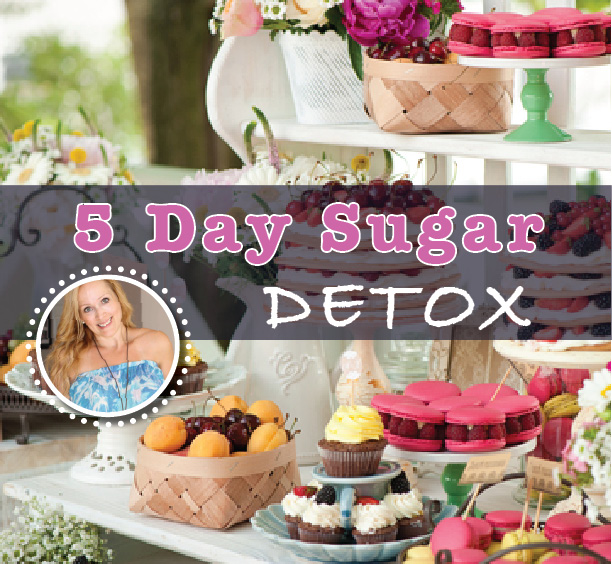|
When it comes to living a healthy and vibrant life, holistic nutrition plays a crucial role. Holistic nutrition is all about nourishing the body, mind, and spirit with whole, nutrient-rich foods that support overall health and well-being. It takes into account not just the physical aspects of nutrition, but also the emotional, mental, and spiritual aspects of eating.
One of the main benefits of holistic nutrition is that it focuses on the individual as a whole, rather than just treating symptoms or isolated issues. By looking at the big picture and addressing underlying imbalances in the body, holistic nutrition can help prevent and even reverse chronic diseases, improve energy levels, and boost overall vitality. Incorporating a variety of whole foods into your diet is essential for optimal health. Organic fruits, vegetables, whole grains, nuts, seeds, and lean proteins provide essential vitamins, minerals, antioxidants, and phytonutrients that support a strong immune system, healthy digestion, and balanced hormones. But holistic nutrition is not just about what you eat - it's also about how you eat. Mindful eating practices, such as listening to your body's hunger and fullness cues, eating slowly and savoring each bite, and being present at meals, can help improve digestion, reduce stress, and foster a healthy relationship with food. In addition to nourishing the body with whole foods, holistic nutrition also emphasizes the importance of proper hydration, regular physical activity, adequate sleep, and stress management. These lifestyle factors play a key role in overall health and can significantly impact your energy levels, mood, and immune function. Ultimately, holistic nutrition is about finding balance and listening to your body's unique needs. By nourishing yourself with whole, nutrient-dense foods, practicing mindful eating, and incorporating healthy lifestyle habits, you can optimize your health and well-being in a holistic way. So, next time you sit down to eat, remember the importance of holistic nutrition and choose foods that not only nourish your body but also support your mind and spirit. Your body will thank you for it!
kind that comes from coconut oil, seafood, flax, chia, hemp, nuts & seeds, olive oil, and avocado. For the record, all of these foods are loaded with other health boosting nutrients as well. You NEED fat to absorb fat soluble vitamins A, E, D, & K. Fat lubricates your joints, nourishes your brain, adds a glow to your skin, hair and nails. Repeat after me: "fat is my friend". PS - "Fat free" on a label can be translated into: "we have replaced the fat with sugar and a plethora of chemicals". A piece of cardboard would taste better. No thanks. Choose margarine over butter Have you ever read the ingredients list on the side of a tub of margarine? Personally, you could not pay me to eat margarine. Margarine is made from chemically processed vegetable oils, which have generally been bleached, flavored, colored, and deodorized to make them ‘edible’. The calorie count of margarine is similar to butter, but people tend to eat more of it because they think it’s healthier. Ultimately anything that contains multiple ingredients that have been processed up the wazoo is a bad choice when there are alternatives that are healthier, cleaner, less processed, and even offer the added bonus of health benefits. It’s a no-brainer. Other margarine alternatives: coconut oil, or olive oil. Gluten free foods are good for you “gluten-free” does NOT automatically mean healthy. Processed is processed, so if you are switching for the sake of general health, or weigh loss – and think the “gluten free” stamp means you are getting a healthy product, you are in for a surprise. Going gluten free should mean incorporating more real food vs uber-processed and packaged junk. Thankfully there are many gluten free products that are healthy and fit the bill, but there are also many that don’t. Many gluten free packaged foods cannot be found with organic ingredients, are full of GMO’s, and are higher in calories than their gluten-containing counterparts. Stay away from processed foods, don’t buy it just because it says ‘gluten free’. The best gluten free foods come as just ONE ingredient: fruit, vegetables, meat, organic fermented soy products, quinoa, etc. Stay away from eggs We have all been brainwashed to believe the cholesterol in egg yolks is a heart attack in the making. Did you know Studies have found that eating dietary cholesterol through egg yolks can actually boost a person's HDL, or "good," cholesterol. Eating eggs can also change the pattern of LDL particles from small, dense LDL (bad) to large LDL, which has been linked to a reduced heart disease risk. Cholesterol plays a critical part in producing cell membranes, hormones, vitamin D, and fat digestion, among many other things. Your body requires cholesterol to survive, which is why it produces it. Compared to egg whites, which offer nothing more than protein I might add; the egg yolk contains all of the health boosting carotenoids, essential fatty acids, vitamins A, B's, D, E, and K. They also provide choline, a mineral most people don't get enough of which reduces inflammation while boosting brain and liver health. Choline is also plays a part in helping the body produce 'happiness' hormones like serotonin, dopamine, & norephinephrine. Artificial sweeteners will help you lose weight Artificial sweeteners have been marketed as a dieters dream product but studies have shown a link between artificial sweetener consumption and weight gain including a 36% greater relative risk of developing metabolic syndrome and a 67% greater relative risk of developing type 2 diabetes compared with non-consumption. Hmmm... The other problem with artificial chemically laden sweeteners is that they are linked to a slew of unpleasant side effects including headaches, confusion, dizziness, reduced good bacteria in the gut, depression, tremors, joint pain, fatigue, migraines, change in heart rate, and more – but I trust this paints a pretty clear picture. Eat every 2 hours to rev your metabolism Studies have found zero advantage to eating more frequent and smaller meals & going four or five (or even eight!) hours between normally-sized meals will not make your metabolism slow down. In reality, spacing meals out give the body a chance to digest and utilize the calories and nutrients of a meal before moving on to the next one. It is totally natural for humans to eat fewer meals per day and sometimes go long time periods without food - that is what we are built for. Having your last meal by 7pm, and giving your digestive system a break until morning is a great practice to keep your weight in check, and have your body work optimally. Never eat saturated fat Whoever gave that advice certainly has not met my friend Coconut Oil: |
Connect:Healthy Habits
are formed by conscious choices that soon become unconscious ways of life. The good news is you have full control over this!
AboutLynnel is a Holistic Nutritionist, Director of the NutraPhoria School of Holistic Nutrition, Author, and Motivational Speaker. Click HERE to learn more. You can get new recipes & health boosting posts straight to your inbox each week! Enter your email below. :) Archives
April 2024
Categories
All
|
|
© Lynnel Bjorndal ~ Healthy Holistic Habits
|
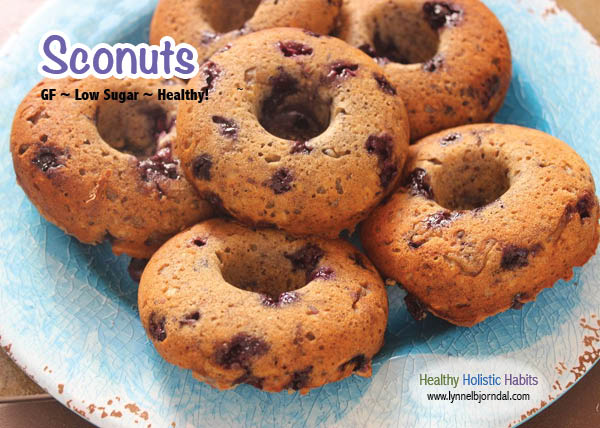

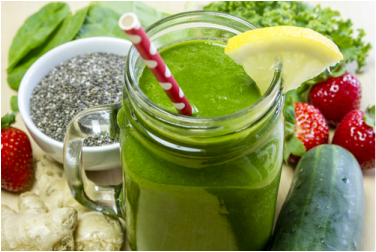
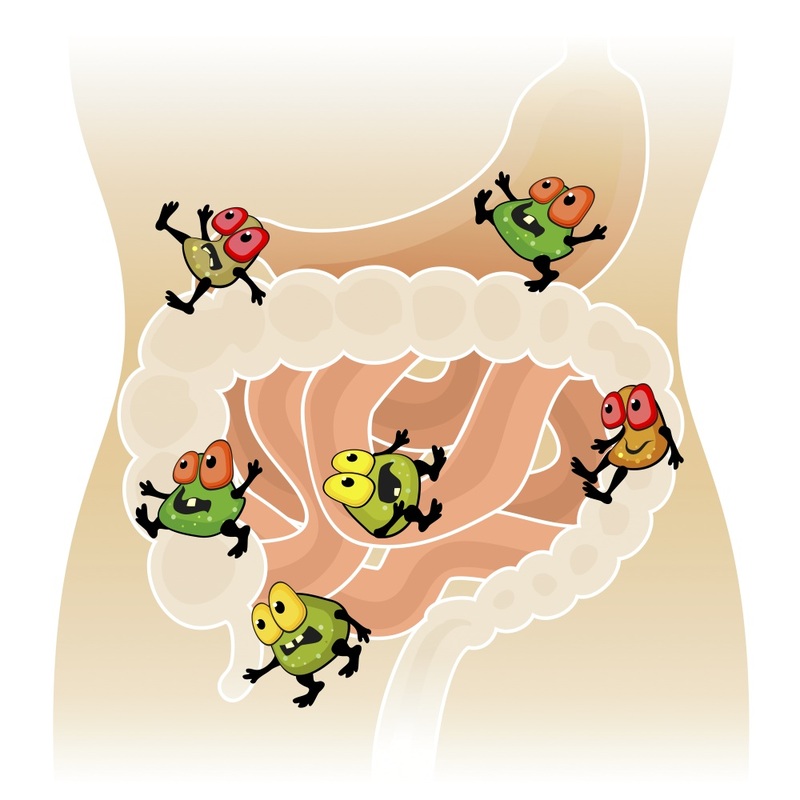
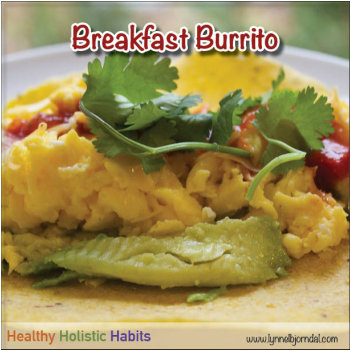
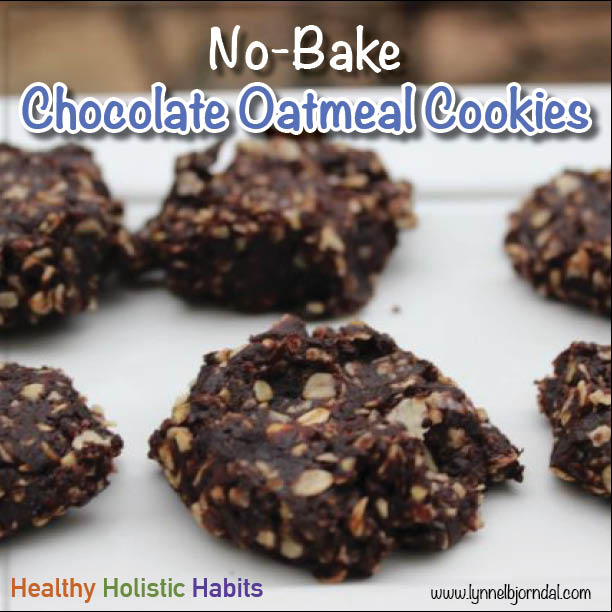


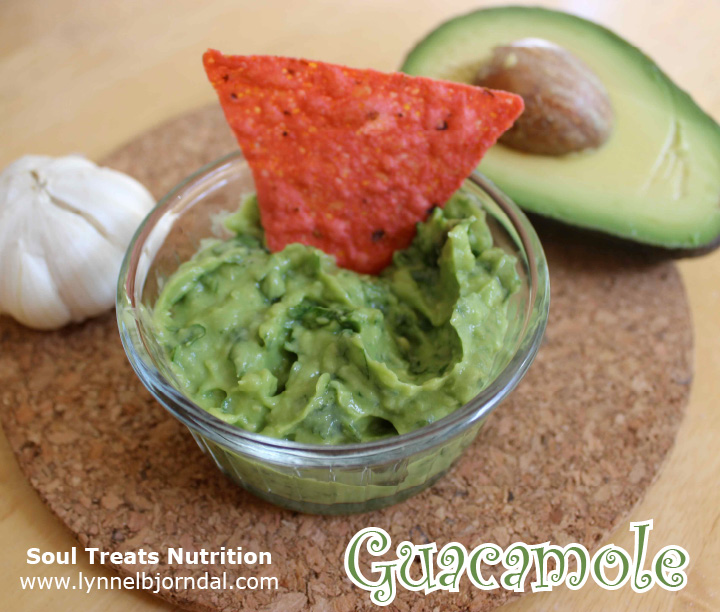
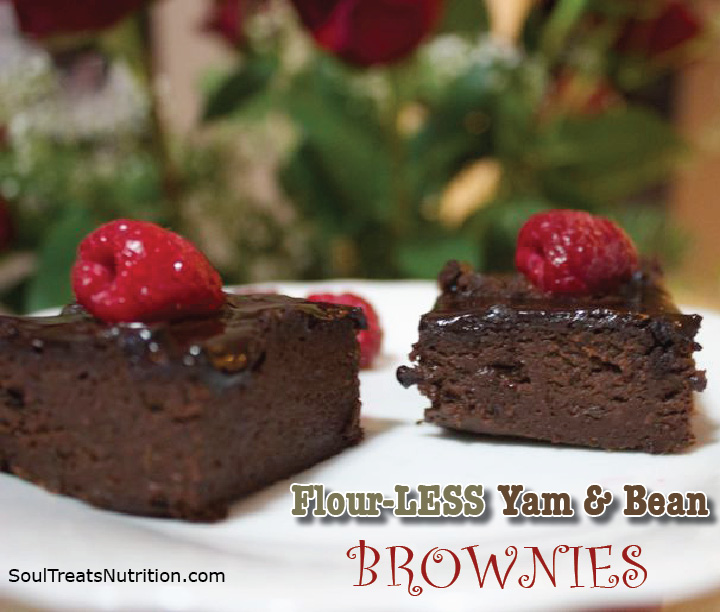
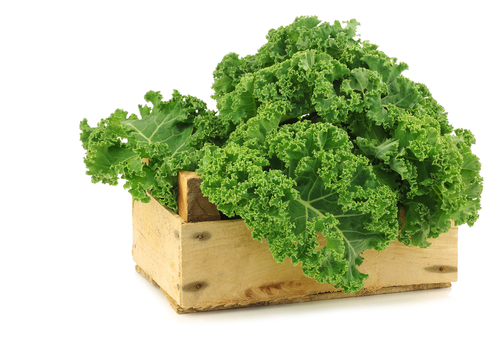
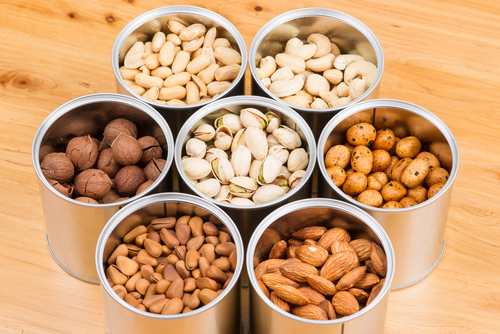

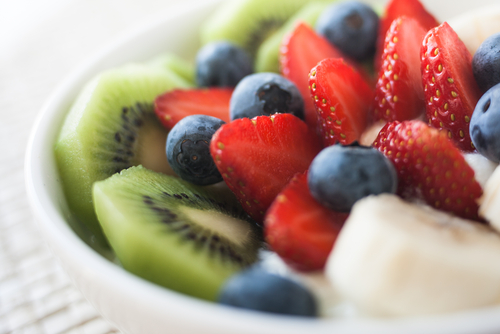

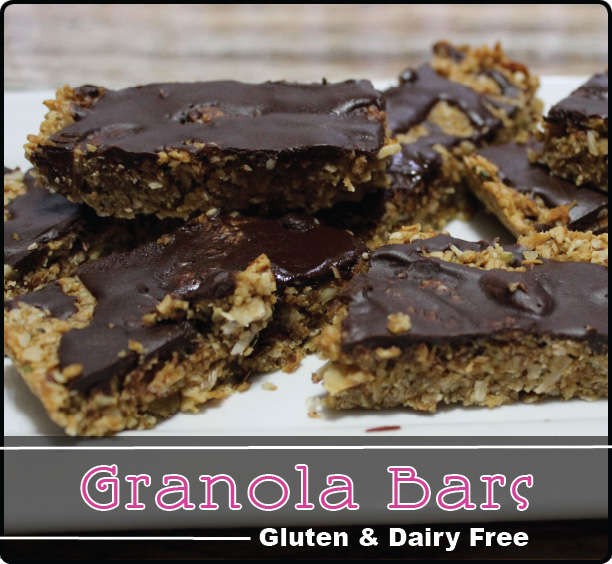


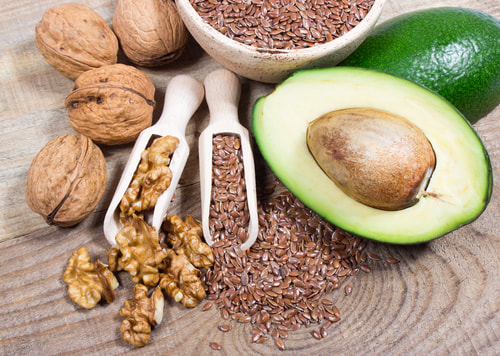


 RSS Feed
RSS Feed

